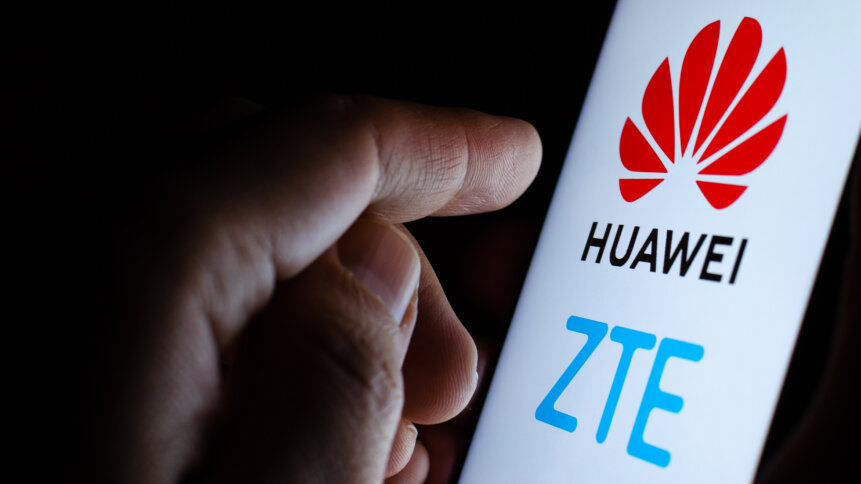Huawei and ZTE may not last long in Germany. Here’s why

If there has been one thing Washington has been persistent on over the last couple of years, it has been trying to convince its allies to ban equipment from Chinese tech giants Huawei and ZTE from their national networks. The United States has been selling the idea that Chinese-built telecoms infrastructure poses a serious security and spying risk since the Obama administration.
In May 2022, Canada became the latest country to sign on to the American effort, joining several other nations including the UK, Australia and New Zealand that have already put restrictions on both Huawei and ZTE. In short, the Five Eyes, an intelligence alliance comprising Australia, Canada, New Zealand, the UK, and the US, have collectively banned both Chinese firms on their national networks.
This week, it was reported that Germany too is getting ready to wean its telecoms networks off their dependence on Huawei and ZTE. The pivot did not come as a surprise – it fits a changing approach to China by the coalition government in Germany. Even its Economy Minister, Robert Habeck, said in November that the country was looking to become less dependent on China.
He referred to sectors such as telecommunications and chips as prime concerns. Habeck also formally blocked Chinese investors from buying a German chips plant that same month. In general, Germany is seeing an increasing number of leading lawmakers and politicians calling on telecom operators to reduce their reliance on Chinese equipment in current and future networks.
The move comes after a report showed operators have procured large amounts of 5G equipment from Chinese vendors recently, and follows years of German hesitation to slap restrictions on so-called high-risk vendors, a term widely understood to mean Chinese equipment makers Huawei and ZTE. To top it off, a recent study analyzing Huawei’s market share in Europe estimates that Germany relies on Chinese technology for 59% of its 5G networks.
As Europe’s largest economy, Germany was slow to embrace the process of reducing its reliance on Chinese kit for its 5G telecoms networks. The study also shows that other key markets including Italy and the Netherlands are also among eight countries where over half of 5G networks run on Chinese equipment.
What the study by Copenhagen-based telecoms consultancy Strand Consult does is offer a rare glimpse of how some telecoms operators in the region have relied on Chinese vendors Huawei and ZTE in the early stage of Europe’s 5G rollout. “The figures also underline one of Western officials’ fears: that Europe’s pushback against Chinese technology for communications networks was slow to wean operators off Huawei,” as Politico puts it.
The fate of Huawei and ZTE in Germany
According to local media reports, Maik Außendorf, member of parliament and digital policy expert for the Greens party shared how “After far too long a stalemate, the [former government] has created the possibility of excluding untrustworthy providers from the expansion of our critical infrastructures … Nevertheless, a lot of technology from Huawei is still installed in our critical infrastructure today. That’s bad,” he emphasized.
Außendorf believes that the technology of Chinese companies “urgently needs to be removed at least from the core area of our critical IT infrastructure,” adding that Germany needed “a general overhaul of private-sector cooperation with companies from autocratic states.” Interestingly, in April 2021 — more than a year after the EU’s joint 5G Security Toolbox guidelines were passed — the German government passed measures that allowed the government to intervene in operators’ contracts with Chinese vendors.
The measures basically the interior ministry veto power to ban or recall certain components if they see them as an “impairment of public order or safety.” However, to date, no such interventions have happened, nor have specific orders to cut Huawei from German networks been issued, a spokesperson for the interior minister said in an email to Politico.










